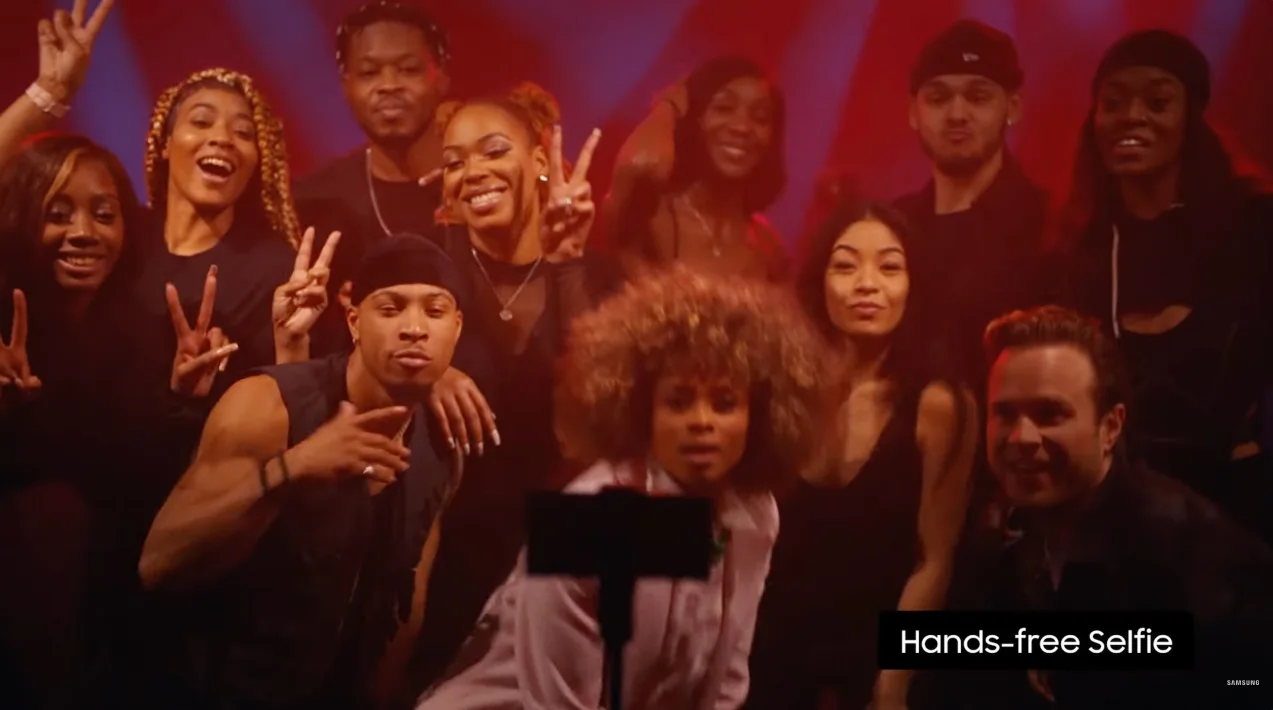
Brand visibility, the measure of a brand's exposure compared to its competitors and industry, is crucial for increasing brand awareness.
However, brand visibility is a double-edged sword in today's digital age. While countless channels exist to promote your brand, the real challenge lies in cutting through the noise without being perceived as pushy.
Forget the stereotypical salesman at your doorstep; aggressive marketing tactics now invade our digital spaces, often disguised as increased engagement. On average, we see 10,000 ads per day. This onslaught has led many to press the “not interested” button when overloaded. In fact, 52% of surveyed U.S. consumers reported that overexposure to ads was most likely to impact their perception of a brand negatively.
So, how do you gain the right exposure to stand out while maintaining brand likability? It takes a creative use of brand elements, avoiding keyword cannibalization, a couple of podcasts and some magic storytelling, plus a few more ideas.
The guerilla marketing formula: live-streaming events and customer creativity?
What is guerilla marketing? It’s not as ominous as it sounds. This tactic involves finding the right moment to capture customer attention and boost brand visibility without interrupting anyone’s day.
It’s also cost-effective (it reduces the cost of marketing by almost 90%); guerilla marketing campaigns cost significantly less than traditional flashy advertising and are often one-time only and brand-heavy.
It’s important to know the advantages and disadvantages of this approach because guerilla marketing is highly effective when done well. Still, it can fall flat when not clear or misinterpreted by audiences.
When executed well, a key benefit of guerilla marketing is its ability to generate a huge amount of awareness. Redbull, known for its association with extreme physical feats, launched the Stratos Space Jump campaign in 2012. To summarise, Felix Baumgartner, an Austrian skydiver, daredevil and BASE jumper, achieved a 24-mile high space jump in an attempt to do the highest-altitude skydive.
The result was one of their most successful live-streaming events, with 8 million people watching the jump and Red Bull Logo emblazoned on every screen.
Samsung's "Capture The Night" campaign perfectly illustrates the power of user-generated content (UGC) in online guerilla marketing.
The campaign achieved remarkable visibility by tapping into a global audience's passion for music. Users uploaded night photos, and AI algorithms transformed them into music. This innovative approach resonated deeply with the target market.
Despite these successes, guerilla marketing can sometimes miss the mark; it’s vital to understand the audience's perception of a brand before blindly launching an idea.
Case in point. In 2006, Paramount Pictures launched an ill-fated campaign to promote the release of Mission Impossible III. Their team placed small, red musical devices inside 4,500 L.A. Times newspaper boxes so that the movie’s theme tune would ring out when people opened the box. It backfired, and bomb squads were called.
<image>
The moral of the story? Guerilla marketing requires creativity and a deep understanding of your audience. It's not about random stunts; it's about clever engagement. When it works, it can put your brand on the map. More and more businesses are catching on to its power. By next year, 50% of companies will include guerrilla marketing tactics in their content marketing efforts.
Why it's not pushy: When done right, guerrilla marketing can make a vast, targeted impact without overdoing the same branding song and dance, it also chooses the right moments when customers are interested in listening without pushing the message.
Lean heavy into brand storytelling
Every brand has a story, and audiences want to hear it. According to OneSpot research, 92% of consumers want brands to make ads feel like stories. Brand storytelling shares the why and purpose of your business; this kind of transparency is a great trust builder and a powerful form of emotional marketing.
Yet nearly 15% of brands don’t have guidelines supporting and shaping their narratives. Brand guidelines are a more authentic and human way to impart brand elements, values, goals, and ideas without getting too in-your-face.
Leaning into brand storytelling is effective for brand visibility because great stories are hard to forget. It’s been found that messages delivered as stories can be up to 22X more memorable than facts.
Google’s 2020 Superbowl ad was a resounding success because it weaved a touching story with its product appearing as an afterthought. It showed an elderly man using Google products to help him remember his late wife, Loretta. Instead of pushing Google products on the audience, the ad focused on the story and how Google can evoke the right emotions with their technology.
Why it’s not pushy: Brand storytelling isn’t just about the quantity of brand visibility; it’s about the quality of the message, which can sometimes elevate a brand even more.
Avoid keyword cannibalization
SEO is great for brand visibility, considering 93% of all web traffic begins with a search engine. Optimizing your website for search engines is a given for better brand visibility. When done correctly, it can focus the right content on your target markets instead of simply throwing it out there to see what sticks.
Customers are more likely to trust a brand website that positions itself as an industry leader, offers solutions that address their needs, and prioritizes a secure and reliable user experience.
While SEO is essential, overreliance can backfire. Stuffing your content with the same keywords can alienate customers who see it as inauthentic. Worse, search engines like Google can penalize your website, pushing you down in search rankings and hurting conversions.
Instead, use customer data and keyword research to focus on relevant keywords and content for your audience. 90.63% of content gets no traffic from Google because many websites publish content that no one is really searching for.
Why it’s not pushy: By focusing on user intent and creating valuable content, SEO helps your brand gain visibility authentically, not through pushy tactics.
What about podcast sponsorships?
There are over 464 million podcast listeners worldwide. Podcast sponsorships are a great way to both expose your brand to a massive listener pool and align messaging with the right audience. Listeners perceive sponsors as relevant to the content they enjoy, creating a positive brand association. Ad Results Media reports that 68% of consumers are likelier to contemplate a product or service when they learn about it through a podcast.
Plus, podcasts offer exposure that isn’t in-your-face marketing. The audiences come for the podcast entertainment, investing their time in that experience; a brand sponsorship only takes up 15-30 seconds of run time. A small investment with huge rewards. The IAB/PwC report forecasts podcast ad revenue surpassing 4 billion.
Why it’s not pushy: Podcast sponsorships are a form of affiliate marketing that doesn’t put your brand in the spotlight or push an agenda; instead, they embed branding in a channel audiences enjoy, meaning less frustration and more welcomed visibility.
Key takeaways
Consider guerilla marketing. Guerilla marketing offers a creative and cost-effective way to boost brand visibility. It focuses on capturing customer attention with unique experiences without interrupting their day.
Embrace brand storytelling: People connect with stories. Sharing your brand elements, story, purpose, and values allows you to build trust and emotional connections with your audience. Focus on authenticity and avoid being overly promotional with your message.
Optimize for search engines (SEO) but avoid keyword cannibalization: SEO is crucial for brand visibility. Optimize your website content with relevant keywords to attract your target audience organically. However, avoid stuffing content with repetitive keywords, confusing search engines and alienating customers. Focus on creating valuable content that addresses your audience's needs.
Explore podcast sponsorships: Podcast sponsorships offer a targeted way to reach a large audience. Partner with podcasts that align with your brand and target market. Podcast sponsorships are less intrusive than traditional advertising, as listeners are already engaged with the content.






